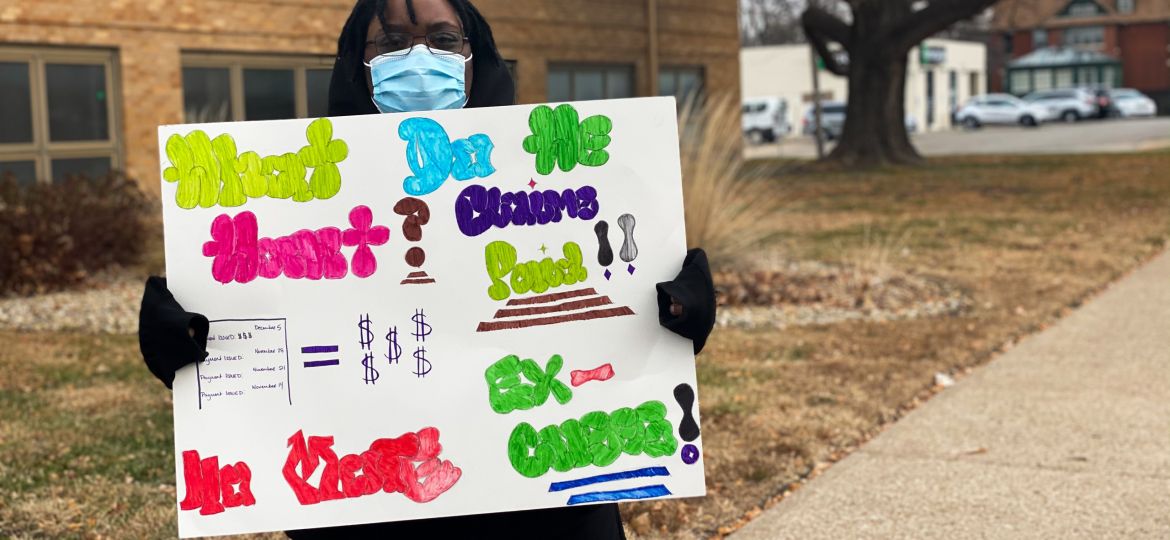
KANSAS – University of Kansas officials are considering student loan forgiveness as part of a new study to help keep Kansas graduates in the state.
“We have students who are actively recruited by other states, by other companies, even global companies, and all of that’s good, but we’d like to maintain as many in Kansas as possible,” said Dr. Blake Flanders, president and CEO of the Kansas Board of Regents.
The study is exploring different options to help incentivize students to stay in the state after graduation. The board is considering boosting salaries to come closer to higher-wage jobs students may receive out of state, and forgiving college debt if they decide to accept a job in Kansas upon graduating.
“We have many programs where all the graduates are successful at finding high-wage employment, but sometimes it’s not in the state of Kansas,” Flanders said. “Perhaps, if a student graduates and takes a job in a Kansas community with a Kansas company, there would be some kind of forgiveness of their student loans.”
Flanders said the study is still in its early stages, so there’s nothing concrete yet. The board is hoping that it will help with the state’s long-term goals to drive economic development.
“Kansas really needs a comprehensive economic development plan with intentional job creation, and that is something that universities can play a central role in.”
Flanders is hoping universities will embrace the plan and help recruit companies that provide competitive jobs for graduates. The newly appointed lieutenant governor and Kansas Department of Commerce Secretary David Toland shared his intentions to help move forward with a strategic economic development plan for the state at a press conference on Monday.
“The framework for growth will be a guide for growing new jobs in the state, and, as I mentioned earlier, making sure that we keep our greatest asset, our young people in the state,” Toland said. “And also recruiting back those that we’ve lost to other states.”
According to Flanders, the study will look at where the highest and lowest-demand job areas in the state are to help connect employers and students in Kansas.

